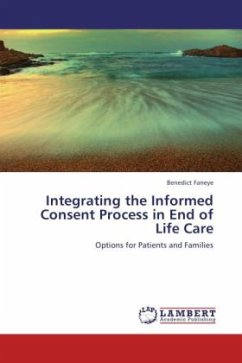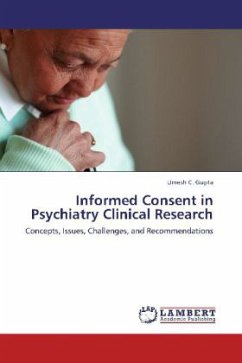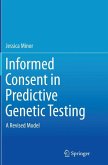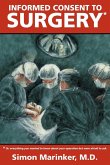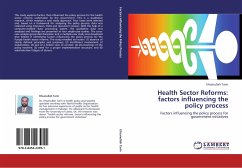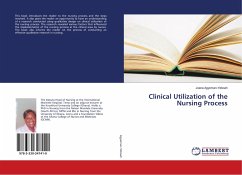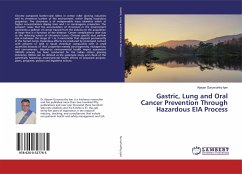Quite unlike the objectification of the disease process by medicine, illness is experienced in a personal way by the human person. As such, it is only the individual who can relate that experience through one's "life story", within which the individual makes decisions about issues that are very pertinent to one's life. Ability to make decisions concerning one's life and wellbeing essentially affirms the autonomy of the individual. This book, therefore, addresses the legal concept of informed consent in end of life situations, highlights the responsibility of health care providers in disclosing pertinent information to the patient and stresses how consent is a process and not just an isolated act. A patient must be duly informed of his or her condition and the treatment options available, and the patient's understanding of the information ascertained before consent can be considered "informed". Elements of consent treated in this book attest to this. This book is a good resource material for health care providers, especially those in hospice settings. It is a great tool for health care educators. Finally, it is an informative piece for all on health issues.
Bitte wählen Sie Ihr Anliegen aus.
Rechnungen
Retourenschein anfordern
Bestellstatus
Storno

